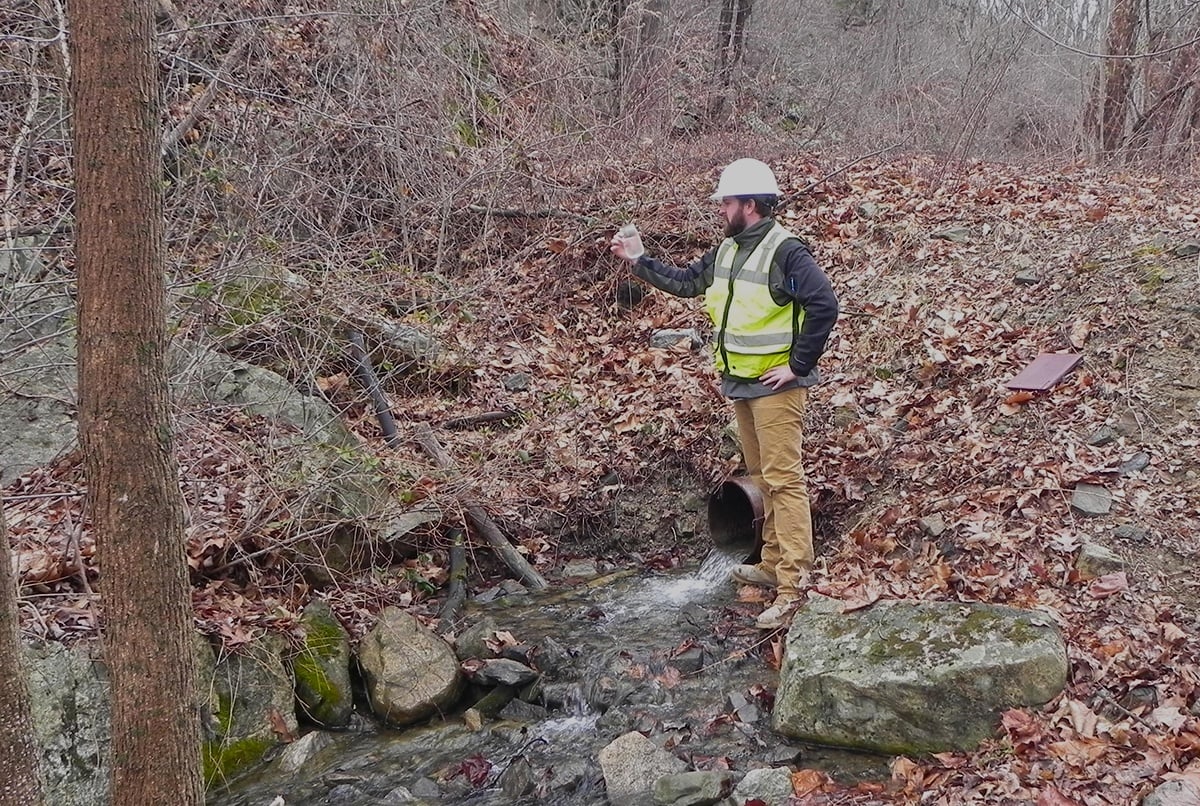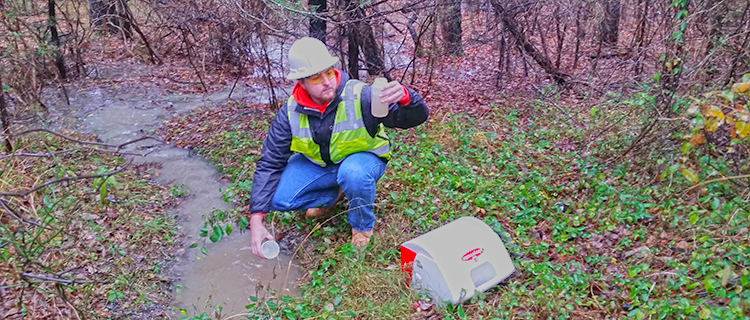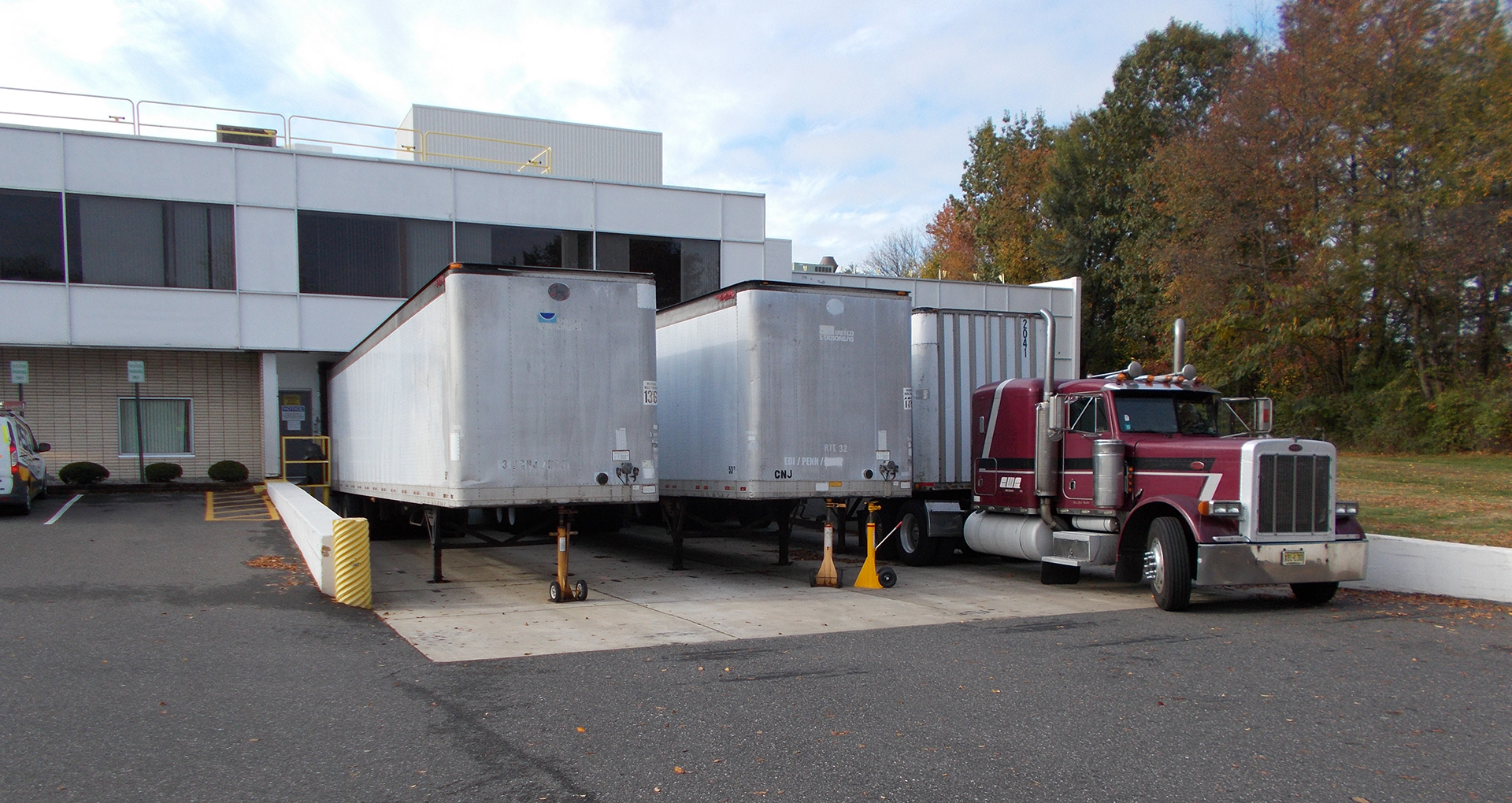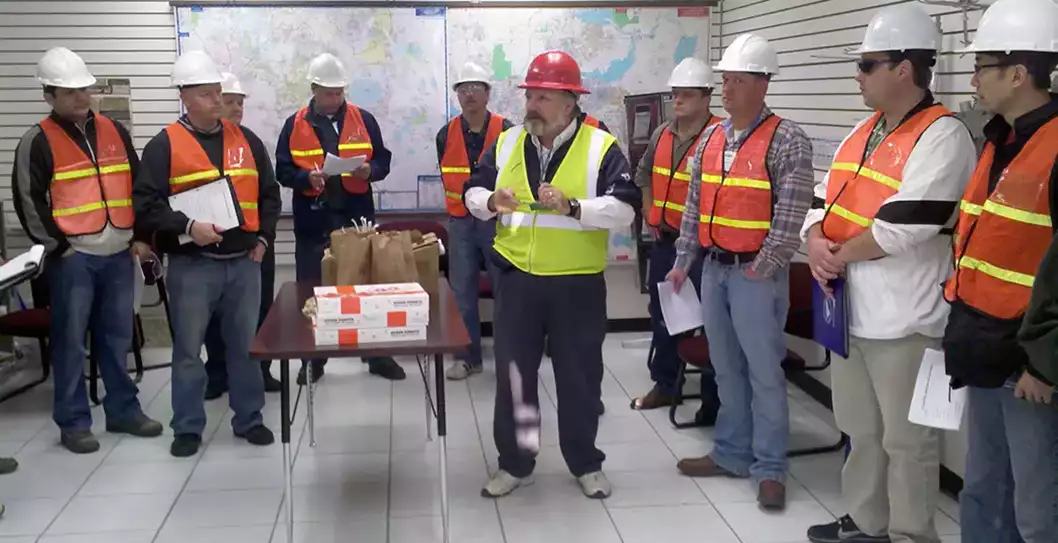Are personnel issues a good excuse for non-compliance?
Running a business isn't an easy thing, especially when it comes to staying in compliance with environmental regulations. Add in the fact that today's workforce is jumping from job to job at a rate that we've never seen before and you have a recipe for disaster. Many of our customers are frequently stuck between a rock and a hard place when it comes to personnel changes, and the effect it can have on environmental regulatory compliance.
In fact, we've heard from many clients after they've had problems with regulators because of this very issue since they usually place one person in charge of environmental issues. Whether it's an environmental manager, a site manager, or the low man on the totem pole, chances are pretty good that there's only one person in charge of environmental issues, and if that person quits, goes on vacation, or is sick, you could be in big trouble.
Does changing personnel cover non-compliance?
If you don't "currently" have anyone on staff, or otherwise available, to do what needs to be done, is that a reasonable reason for why you aren't in compliance with something? Certainly, you can't be penalized for that, can you? And, how do you let the agency know that you need a pass because no one was available?
If you've ever asked wondered questions like:
Our environmental guy quit and we haven't hired anyone yet, so we missed our quarterly samples. That's ok, right?
We don't have anyone to conduct training to our staff on-site, so no one got trained this year. No big deal, right?
There was only one person trained to conduct inspections and they've been out sick for a month. We'll miss a month or two, but it's okay, right, since there wasn't anyone available?
We got in trouble because we don't know what or how to do this stuff, our environmental guy got fired! Someone will cut us some slack, right?
Surely the government - whatever environmental regulatory agency (federal, state, county, city, local, etc.) you report to - can see that this is standard business practice and cut you a break, right? Right?
Well, we're going to burst your bubble, as you can well imagine. The answer, of course, is no, your personnel problems do not cover you in case you're out of compliance. Plain and simple, it's your problem to fix.
In fact, this is one of the worst excuses out there, because it easily demonstrates to environmental regulators your lack of commitment to following environmental laws, rules, and regulations. You couldn't train a backup? You didn't think to cover your bases in-case something like this happened??
When we see this happen or someone calls and asks us about this, we break the news that there is no free pass, and you're probably going to get into some kind of trouble in most cases. Sorry to break it to you!

Environmental Compliance is YOUR Responsibility
The fact is, there are no free passes in any environmental regulation out there. You have to be in compliance 100% of the time.
Sure, there are exemptions for un-staffed or inactive facilities, but that is specifically for operations that are closed or not operating. If you're running a skeleton crew, or just don't have an environmental person to depend on, it's your responsibility to get that fixed!
Simply put, you're not going to be able to use this as an excuse. It doesn't hold water. It makes you sound like you're shirking your responsibilities, which in a way, you are.
Think of it this way. If you ran an assembly line which was overseen by a foreman, you wouldn't shrug your shoulders, fire the person, and then take your time hiring a replacement, would you? In fact, you'd probably have the replacement - or replacements (yes, plural) - waiting in the wings. We all know that production is a huge part of what we do, right? Well, think of environmental requirements the same way, as painful as that may be. It's necessary. It's required. And if you don't do it, you'll lose money.
I've seen too many companies who either don't hire someone in time, fire the responsible guy, or allow staff to remain untrained, usually resulting in an operation that's out of compliance and frequently in trouble, until they get the right staff in the right position.
Don't get yourself in this position. Like the line foreman who moves on, you'll need to keep the line in motion. You must continue with your environmental responsibilities without a hitch. Here's how:
Train multiple staff members on environmental responsibilities.
Never, ever allow just one person to handle environmental compliance at your operation.
If you have an environmental manager, make sure there is someone else who knows what is going on. Train a backup. They don't have to be an expert, but they should know what's going on. It might be helpful if the backup(s) can do the inspections, take the samples, fill out the reports, etc.
It doesn't matter if you only are a company of a handful of people, do some cross-training. This way if someone leaves, you're not left in the lurch.
Document everything!
Make sure you have all procedures and requirements written down and well documented.
Can someone else read through it quickly and become an expert? Maybe not, but at least you might be able to cover yourself in the short term until you get someone permanent on staff. Make sure any books you have (like your SWPPP or SPCC Plan) are easy to understand and in order.
The other benefit of good documentation is that worst comes to worst and you get inspected, a regulator won't have to dig and ask 1,000 questions about your permits or plans. Instead, they'll be easy to read and understand, and hopefully, they won't bother you about anything.
Have a backup plan!
Always have a foolproof backup plan. Expect your environmental manager to be on vacation or out sick when someone comes to inspect you. Expect a problem at the plant that draws the full attention or your facility or other managers, meaning there is no backup personnel. Expect someone's going to quit, or get promoted, or move to another location.
Do you have someone in mind to pick up the slack if someone leaves or is out? Do you know where you can get a replacement from?
Point is, always be thinking about your staff and what could change. I know, just ONE more thing to worry about, right?!
Unfortunately, that's the way it is. For this reason alone, whenever we conduct environmental training, we usually recommend getting a few extra bodies in the room to listen and pay attention. Not only does it increase awareness and buy in, it helps cushion the impact of any potential personnel issues.
Training, training, training!
I've mentioned training a few times, and I want to make it absolutely crystal clear - your staff needs training. They always need more training. Call it continuing education, or your company's required annual environmental training, but just make sure people take it seriously and don't neglect it.
Training can be extremely helpful to reinforce what your responsibilities are, and why you're doing these things in the first place. And, it's a great idea to pull in various people. Maybe the site manager, environmental manager, yard managers, maybe a representative from another area of operations, such as yard personnel, or office personnel, so that everyone across the organization not only understands what your responsibilities are but can also help each other out in a pinch!
And remember, certain environmental regulations require annual training, so you should already be training, or getting trained yourself, every year.
Get outside environmental help.
If you work for an operation with multiple locations, multiple environmental managers, or just have a big enough operation that you can use internal resources, use them!
One of the most useful exercises we see companies employing is using internal environmental managers to either inspect, train, or audit other operations. Imagine your operation has two facilities, and each facility has an environmental manager. You could switch places and see what the other operation is doing. You might be so familiar with your operation that you could be missing little details, or what you consider commonplace might not be so.
Now, this is self-serving, but you should also look at hiring outside help every now and then to make sure you are going about things correctly. If you're the environmental manager, and you're training your staff, then get some outside training to make sure you still have everything remembered correctly. If you don't have an outside manager, an environmental professional could help get you in order, or spot check you to make sure your affairs are in order.
Regardless, any form of outside help can be beneficial to keeping your operation's environmental compliance levels up to par.
Last resort - talk to your inspectors or agencies.
If you really, really have a problem, and you can't figure your way out of it, maybe, and I say this with a huge grain of salt, but maybe you should call your regulator.
Let them know what's going on and you're having an issue. If you don't have the staff, knowledge, tools, whatever, to stay in compliance with a regulation, reach out and come clean. Ask for help, ask for forgiveness, ask for an extension... Simple communication can go a long, long way when it comes to dealing with regulatory agencies.
Heck, they might even cut you a break. Keep them in the loop, let them know you're having a problem, and keep them involved. As hard as this is to believe, they're human too, and they just might help you in this situation. If not, you're going to get in trouble anyway for missing something, so what do you have to lose?
Environmental Regulatory Compliance is Your Responsibility
No matter how you cut it, it's your job to make sure that you're in compliance at all times. Whatever that means, make sure it happens. If you need a backup environmental manager, or more staff, additional training, or outside help, make sure you get it and get in compliance. You don't want to find out the hard way that your problem is going to cost you an arm and a leg.
Give it a little thought, and be prepared. You'll find that the natural transitions of business don't have to cause you problems, provided you're ready, just like you would in any other area. To learn more about staying ahead of environmental regulations, click here to contact us or give us a call anytime at 888-RMA-0230.



